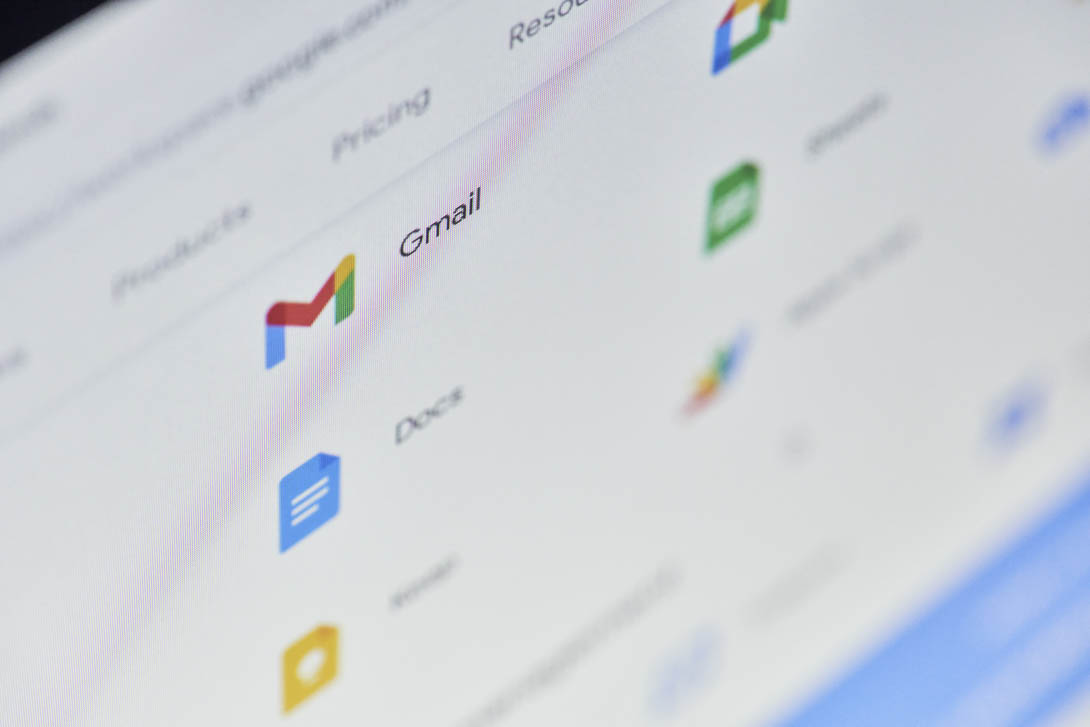In many organizations today, cloud computing has turned from a norm too. The new religion followed for working effectively, and why not; the advantages of working in cloud environments are so! The legacy of work flexibility is also accompanied by the mounting risks associated with employees’ free data access to their email. It can cause severe threats to these firms as this brings in possibilities of malicious data getting transferred into risky threat zones. It not just intercepts the anticipated data security risks, but also creates an overall data-threatened work system, in which, data thefts are common. What Is Personal Gmail Block?
What is Personal Gmail Block?
Personal Gmail block is thus a step forward in this direction of cloud security to protect any such ill-aimed and deliberately damaging data transfers done with the sole intent of dupery. Data thefts are almost inevitable if firms adopt no cloud data security measures. Also, as most enterprises today embrace cloud-run systems, these data-threat gates are left open for attackers. For a secured workplace environment, firms need to adopt safety measures to guard their sensitive corporate info against such leakages. A significant step ahead in this particular direction is to block personal Gmail access, as it helps in largely averting such secure data transfers, some of which could be driven by malicious intents.
Why You Should Consider Deploying Personal Gmail Block for Enterprise Security?
Firms bound by some regulatory regulations like healthcare firms abiding by HIPAA laws, etc., always remain in an apprehensive state of their sensitive data, migrated to cloud with data leakage threats still hovering around. For any crucial information getting scattered in any corporate premises, IT admin always wants to prevent the employees from accessing their personal Gmail accounts. They wish that they only access the organizational accounts, which have been provided to them by that particular organization. However, a persistent challenge rests now with ultra-Flexi cloud models, introduced into the working systems, giving air to much more flexible user access than before.
Thus, it calls for an action on the part of the organizations to stop their users from accessing their personal Gmail accounts; What Is Block Personal Gmail feature of a CASB solution to block private email access is thus needed. Considering the challenges, it is evident that enterprises must consider deploying Personal Gmail Block for overall enterprise security. Consumer Gmail block is a feature included in the Access Control module of CloudCodes CASB solution, which ensures cloud security, once deployed.
How Does This Work?
Nowadays, what is faced is that while working with cloud-run services, employees tend to use their personal Gmail accounts without any restrictions imposed on them. A way around this problem is to use CloudCodes CASB solution that has a feature for Consumer Gmail Block nested under its Access Control module, thus helping enterprises combat this fear with ease by gaining a way to restrict Gmail access. Any attempts made towards the violation of this Gmail-block policy are reported to IT. This solution is implemented with no such hardware dependencies.
CloudCodes Personal Gmail Block feature works as a cloud data security cushion that empowers organizations to avert any such malicious data theft or breach attempts. Implementation of any of the corporate policies not to use personal Gmail accounts within offices could become a highly costly one by using expensive firewalls. It can indeed be a kind of show-stopper for startup firms and SMBs, thus, preventing them altogether from venturing into the cloud environment. CloudCodes CASB solution with its blocking personal email at work feature helps provide these firms with this extra security layer, enabling them to adopt cloud without any doubt!

